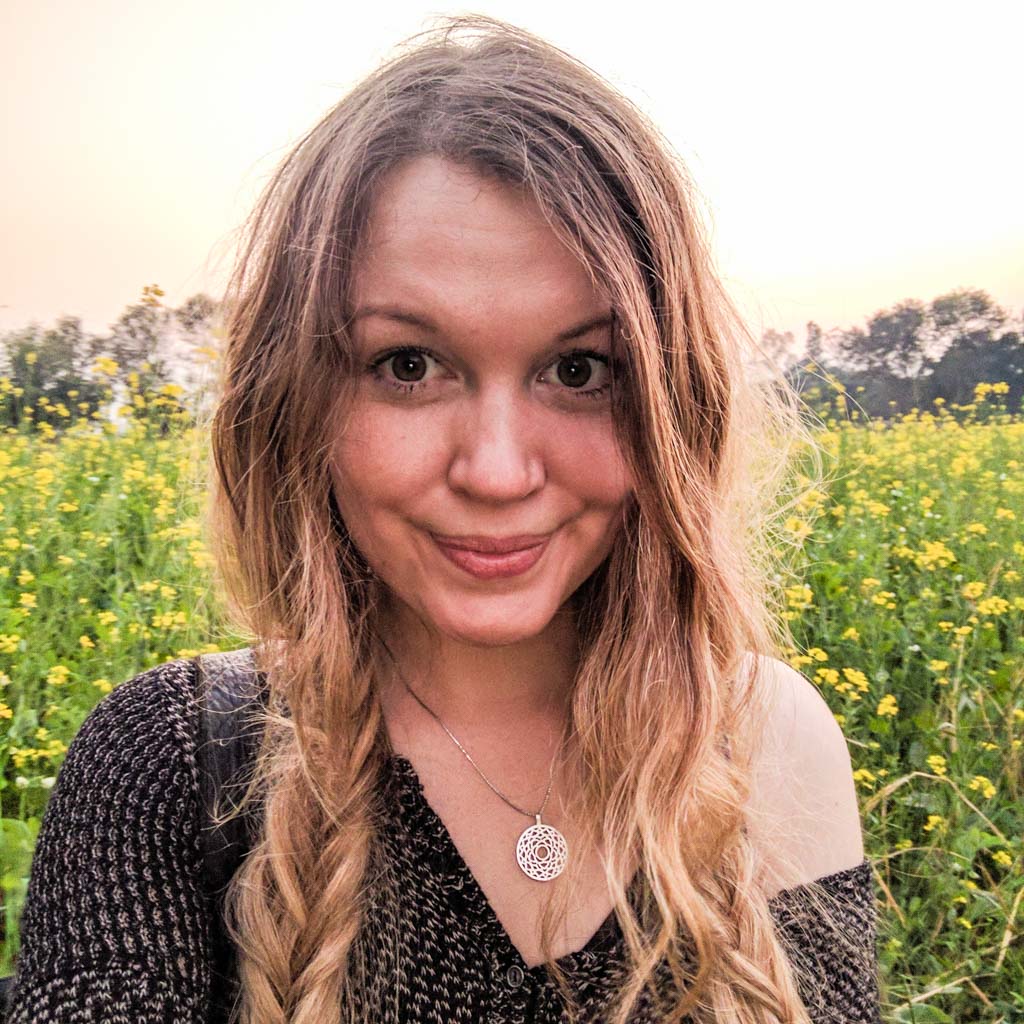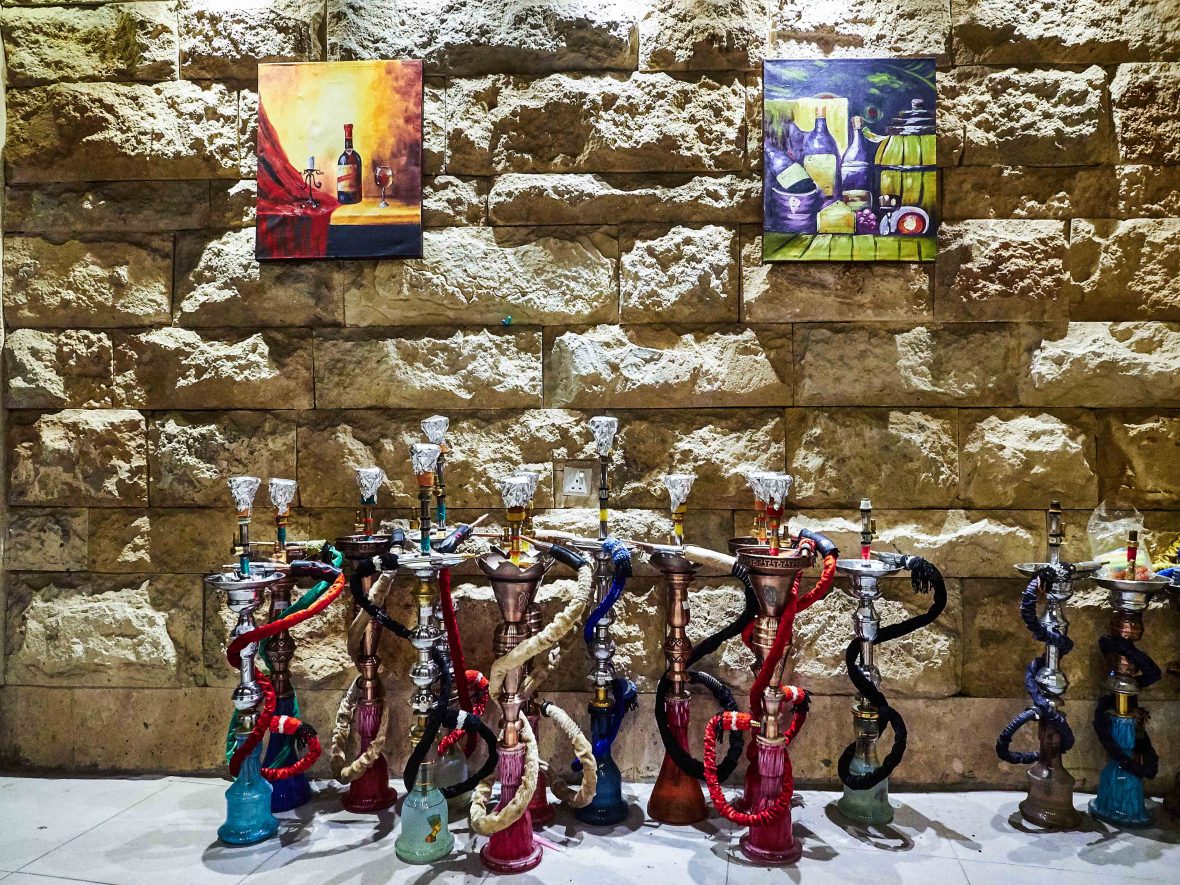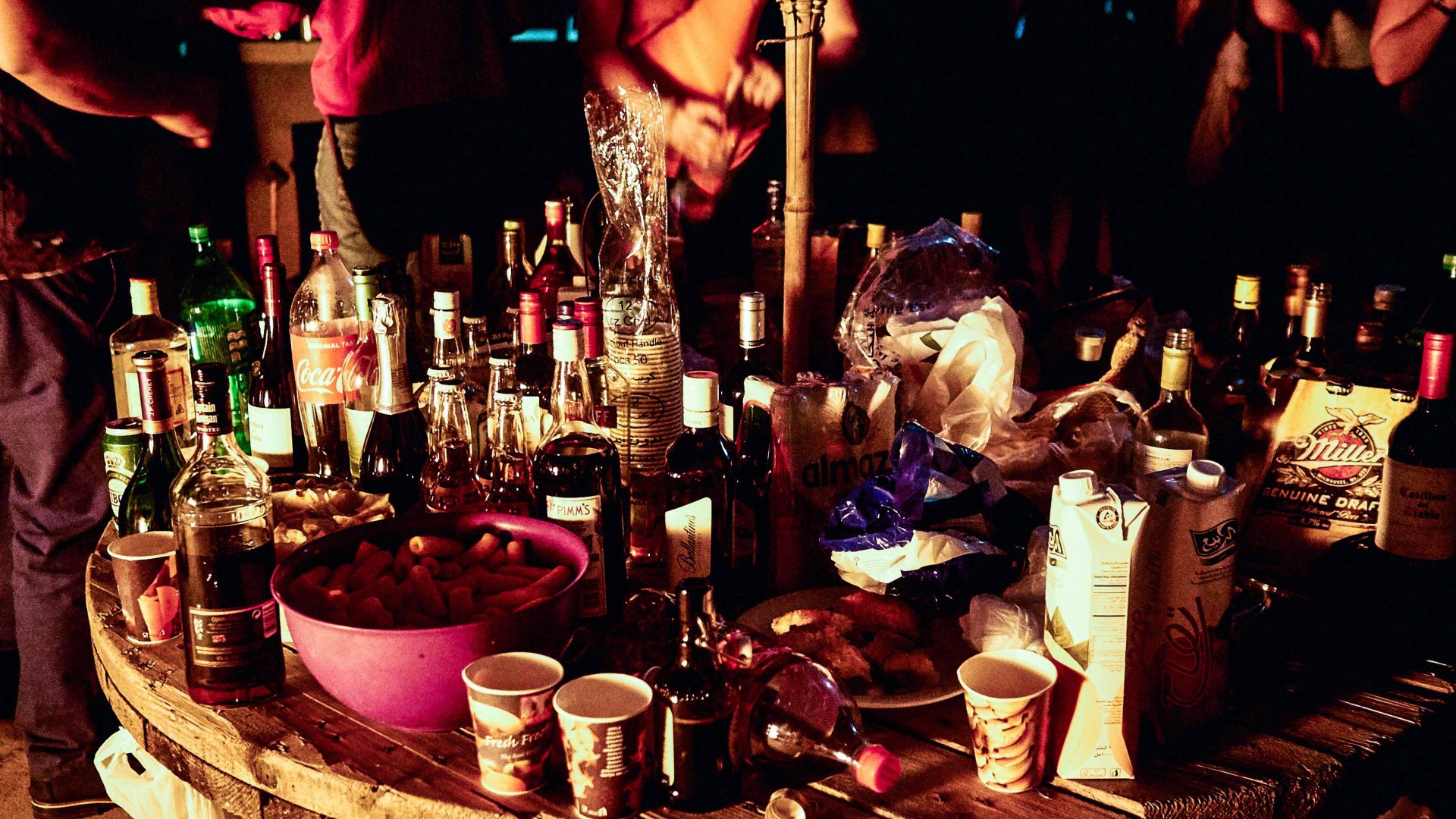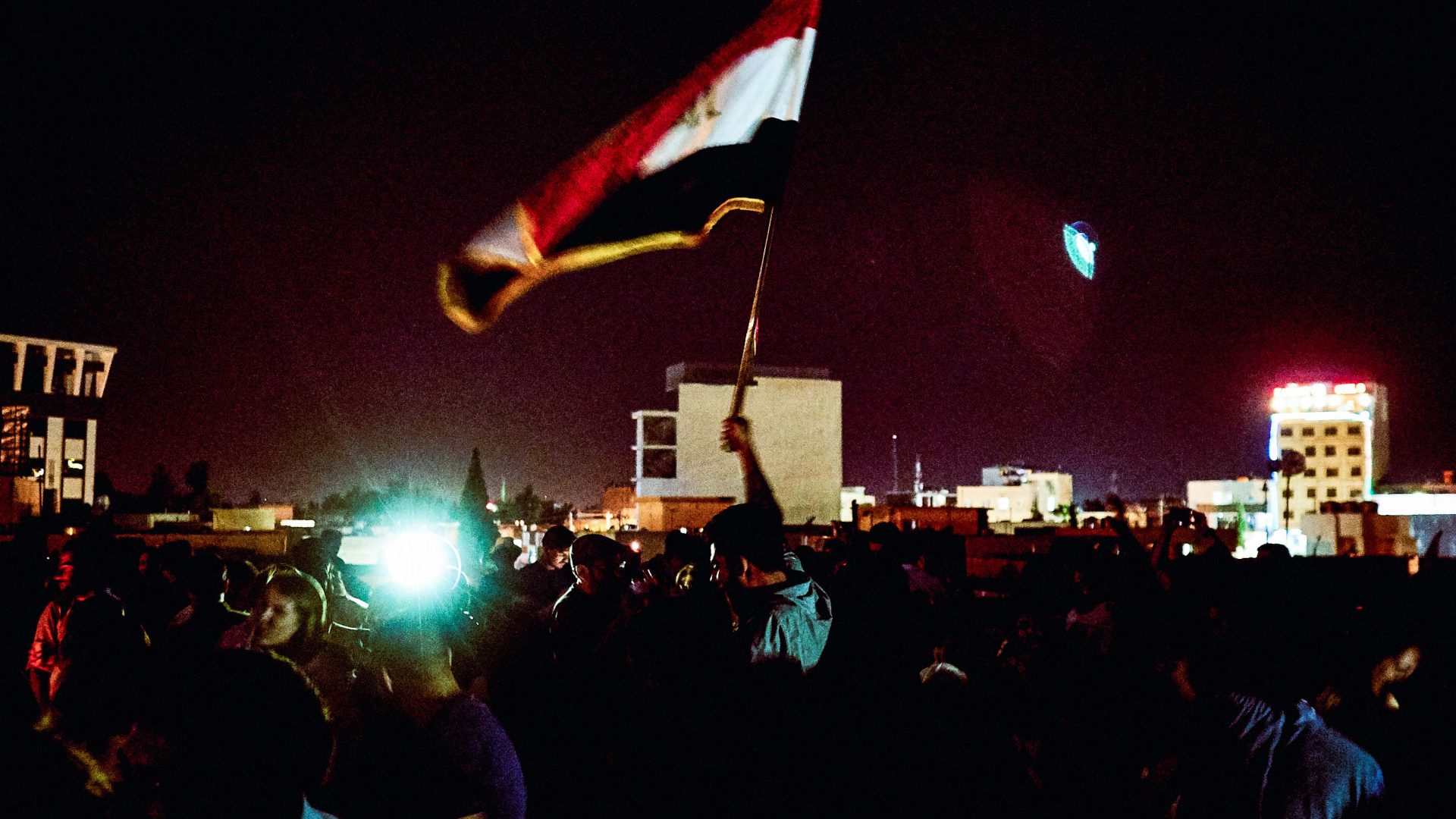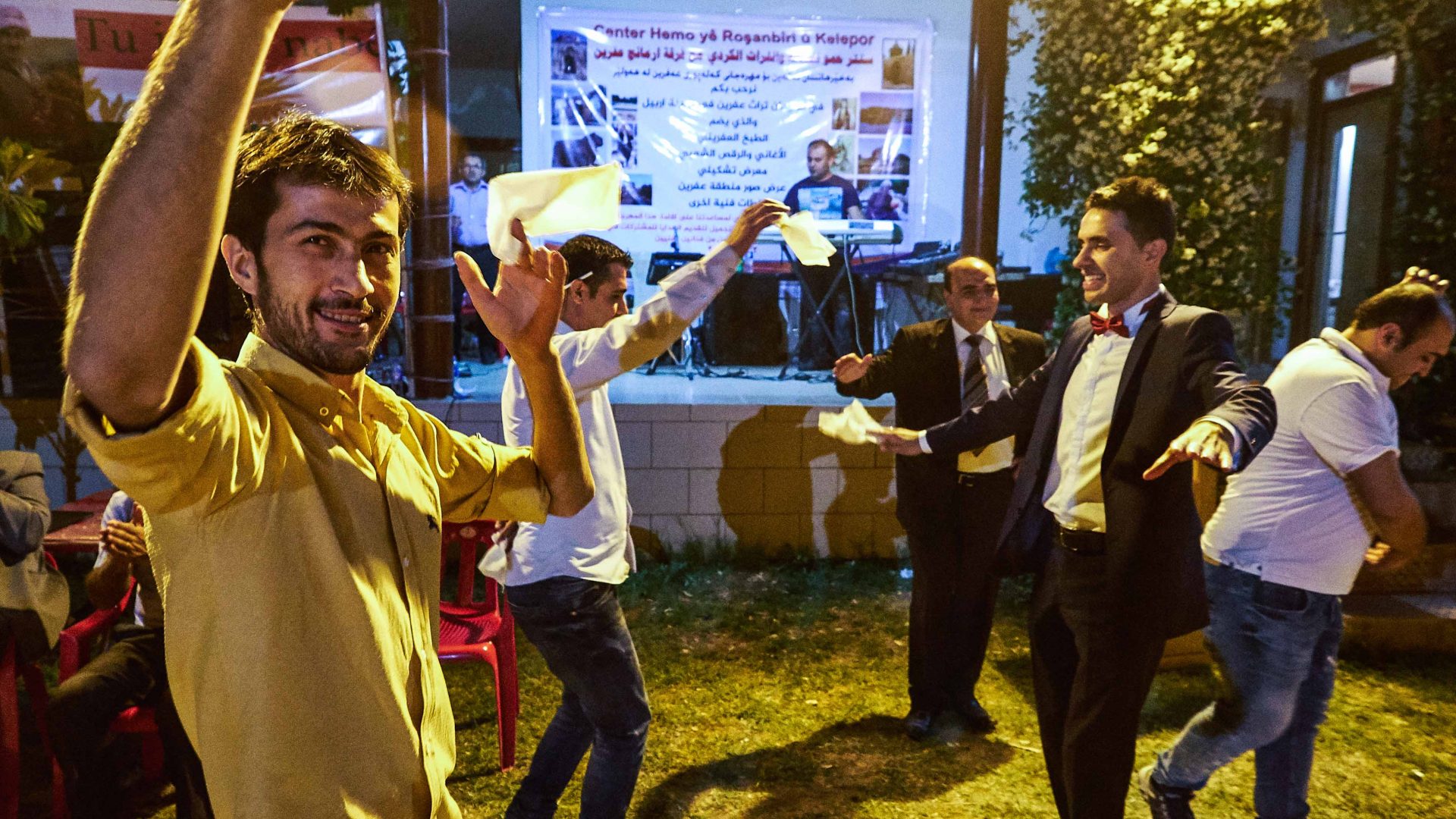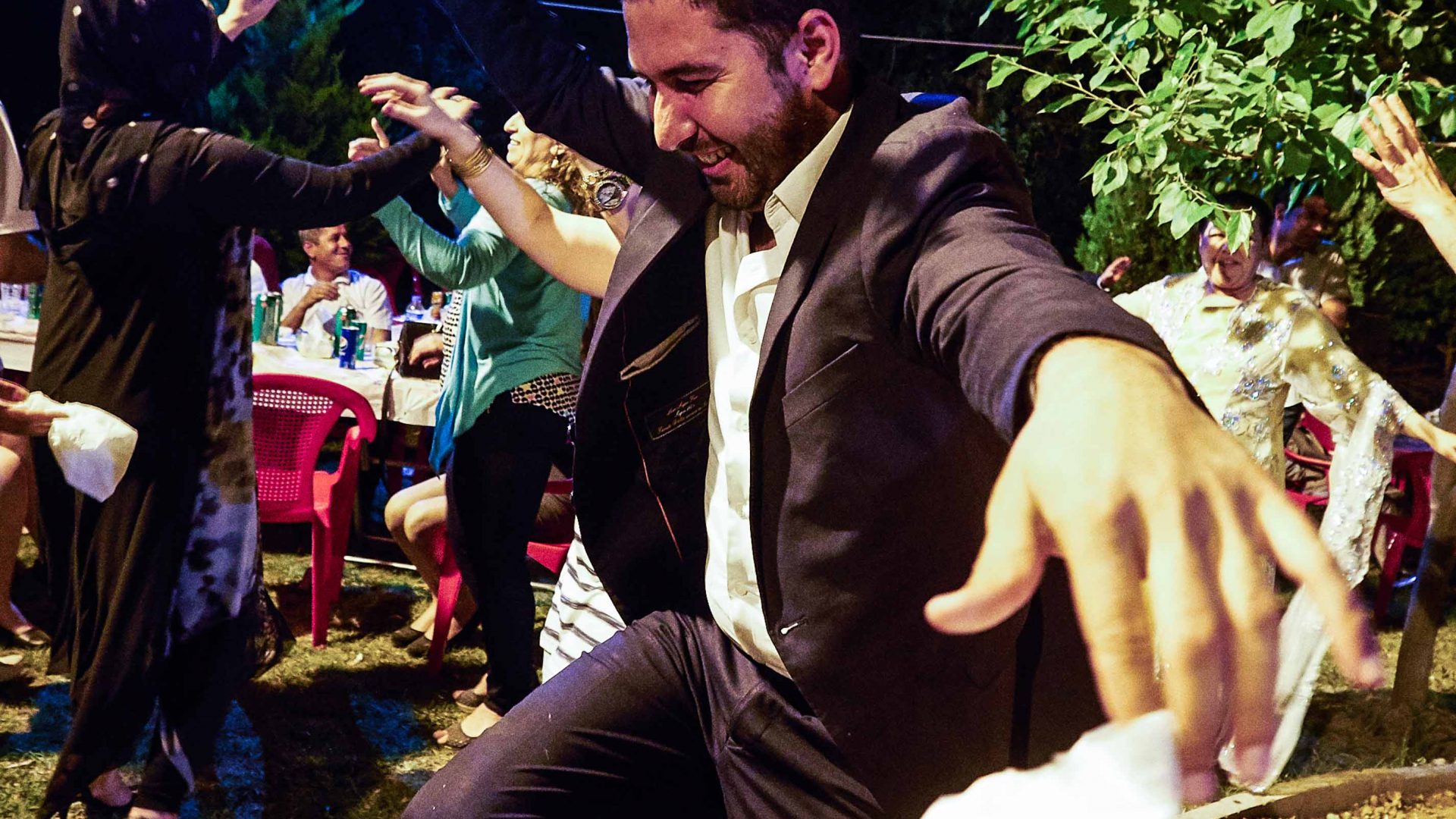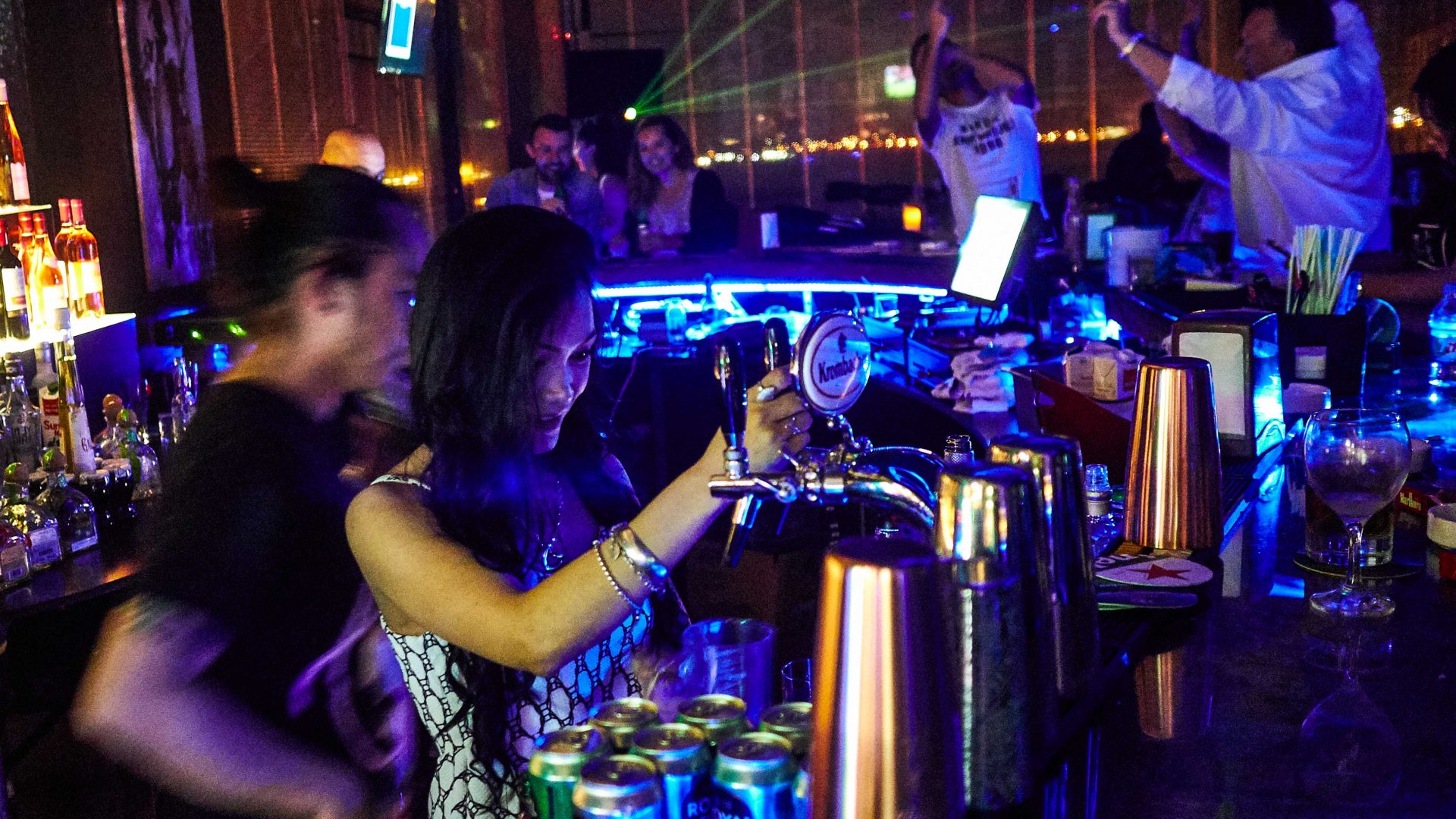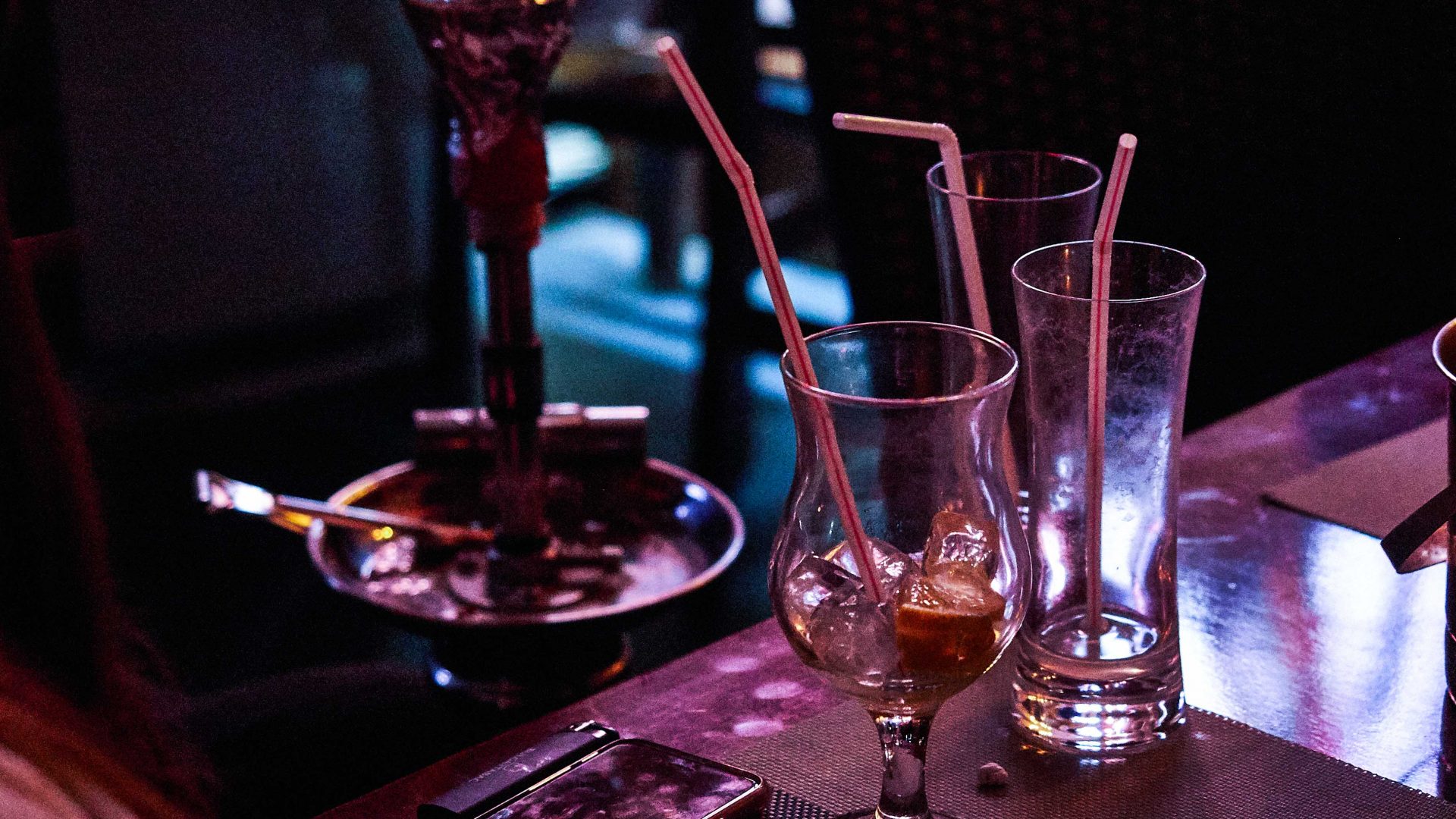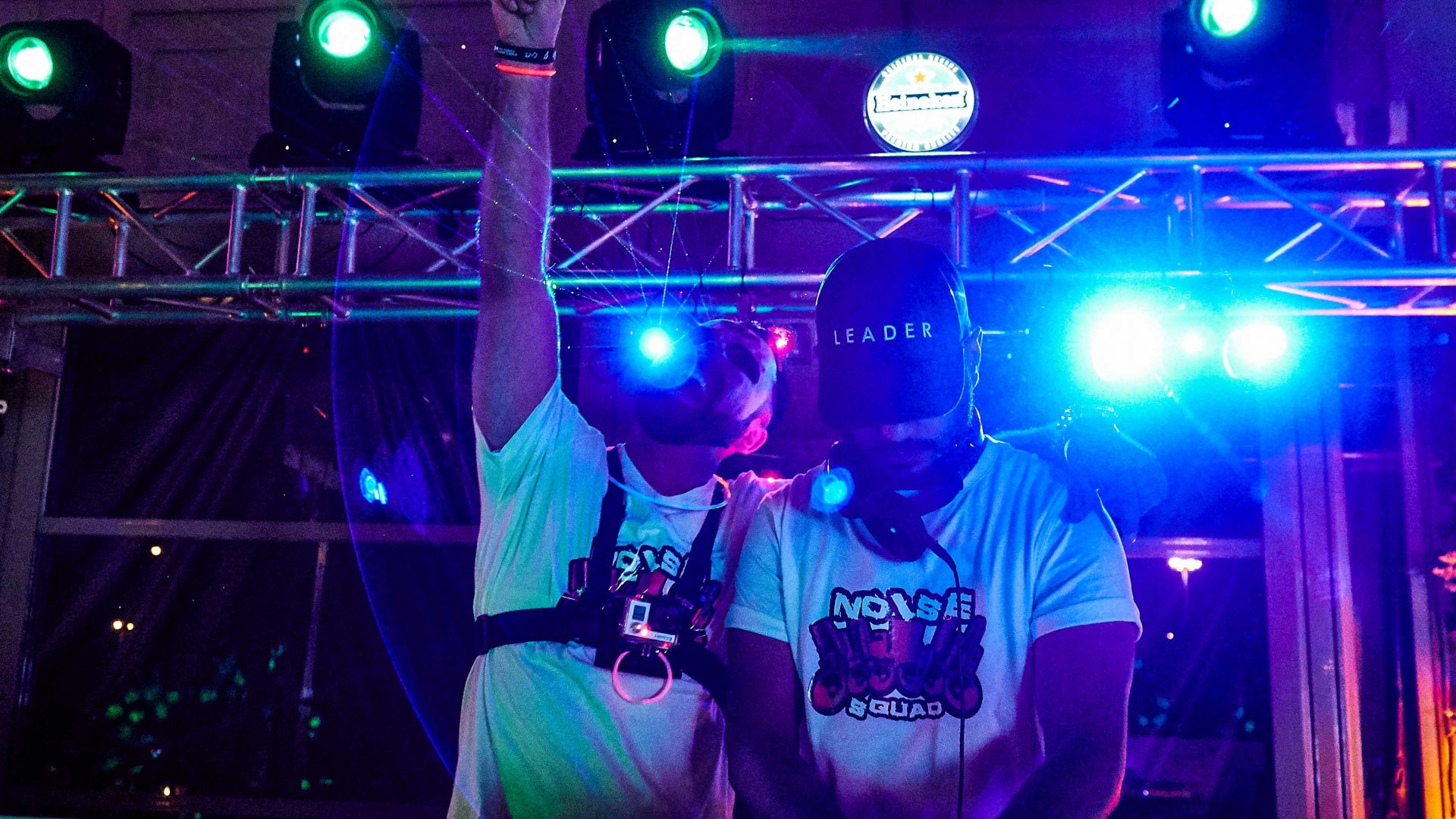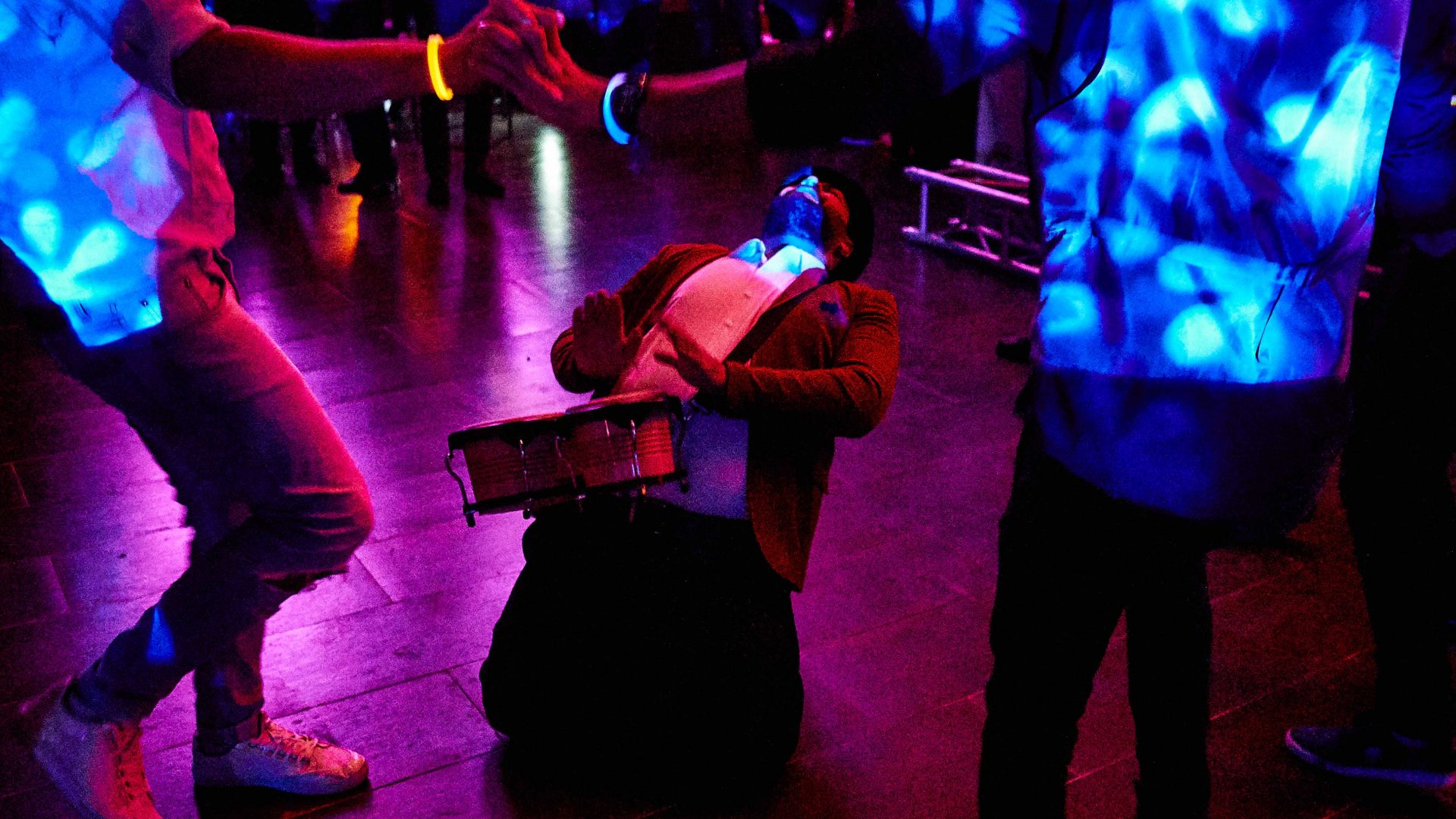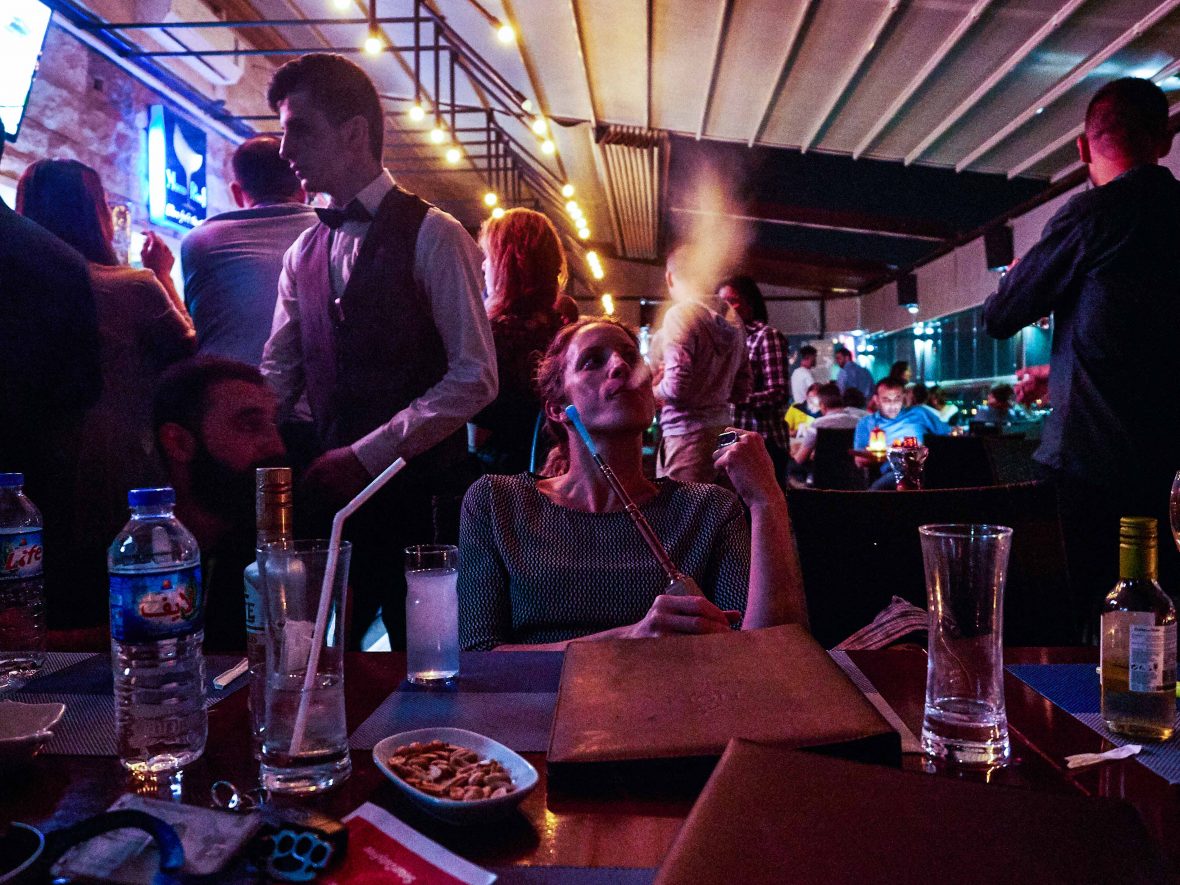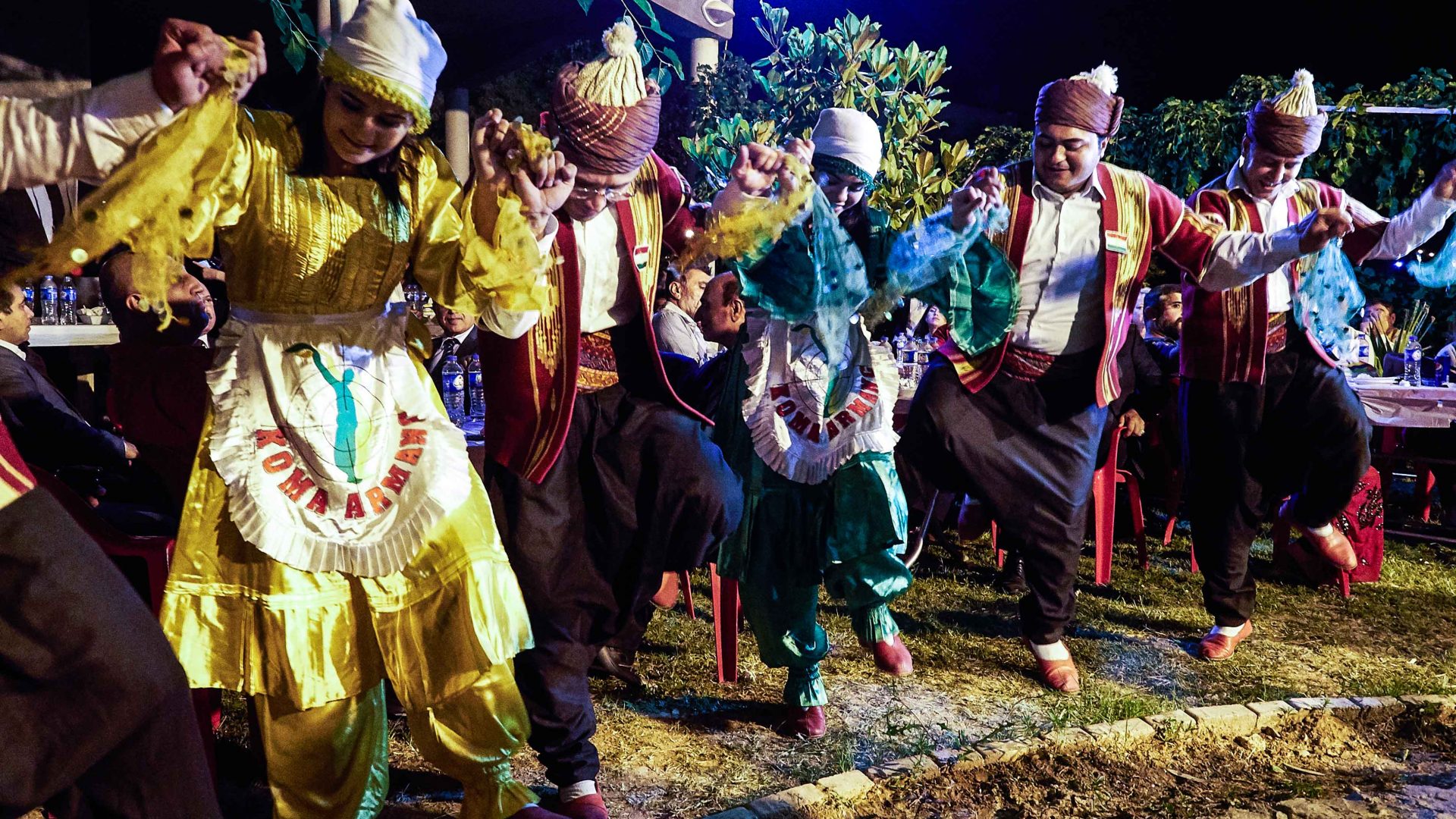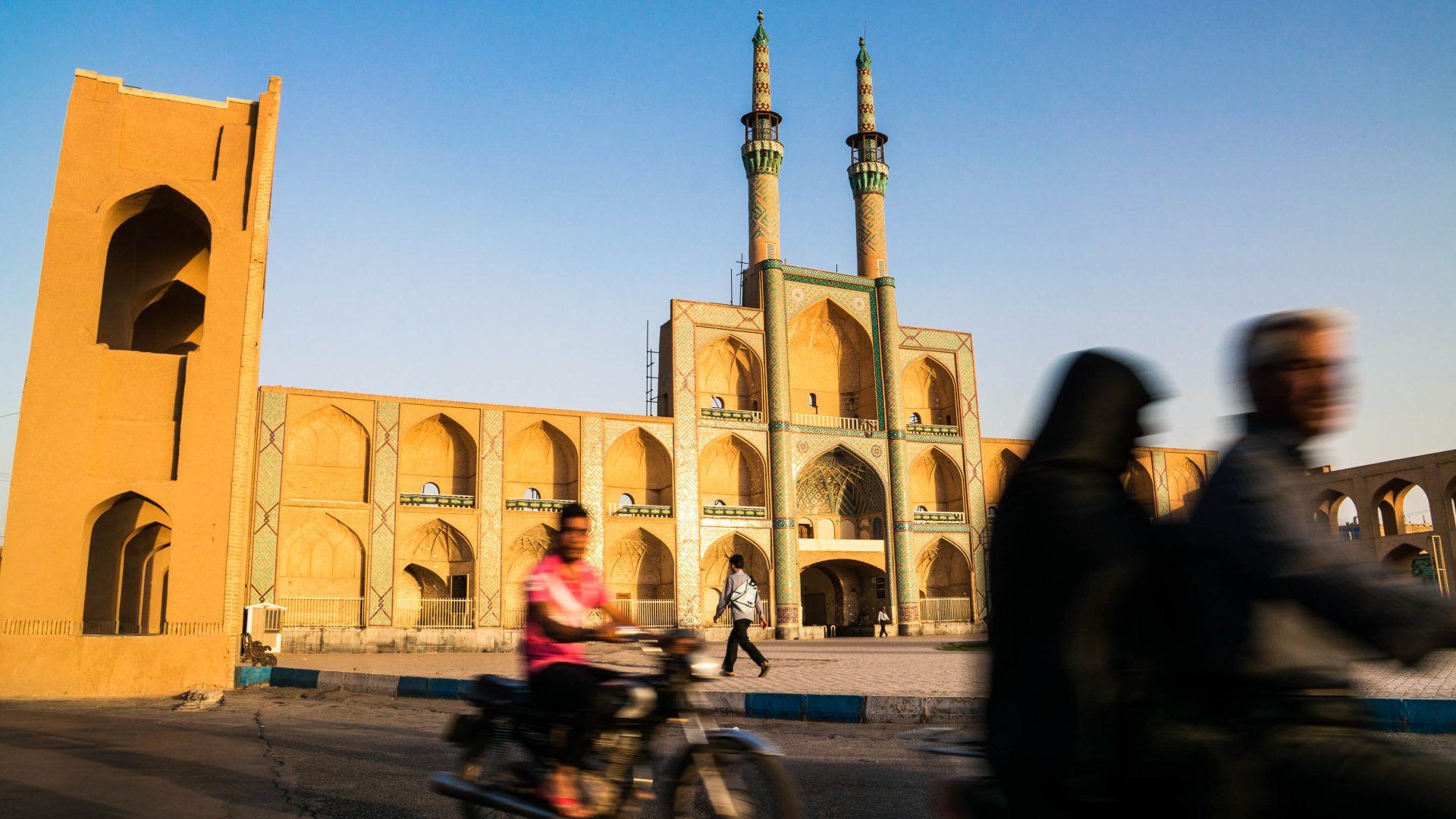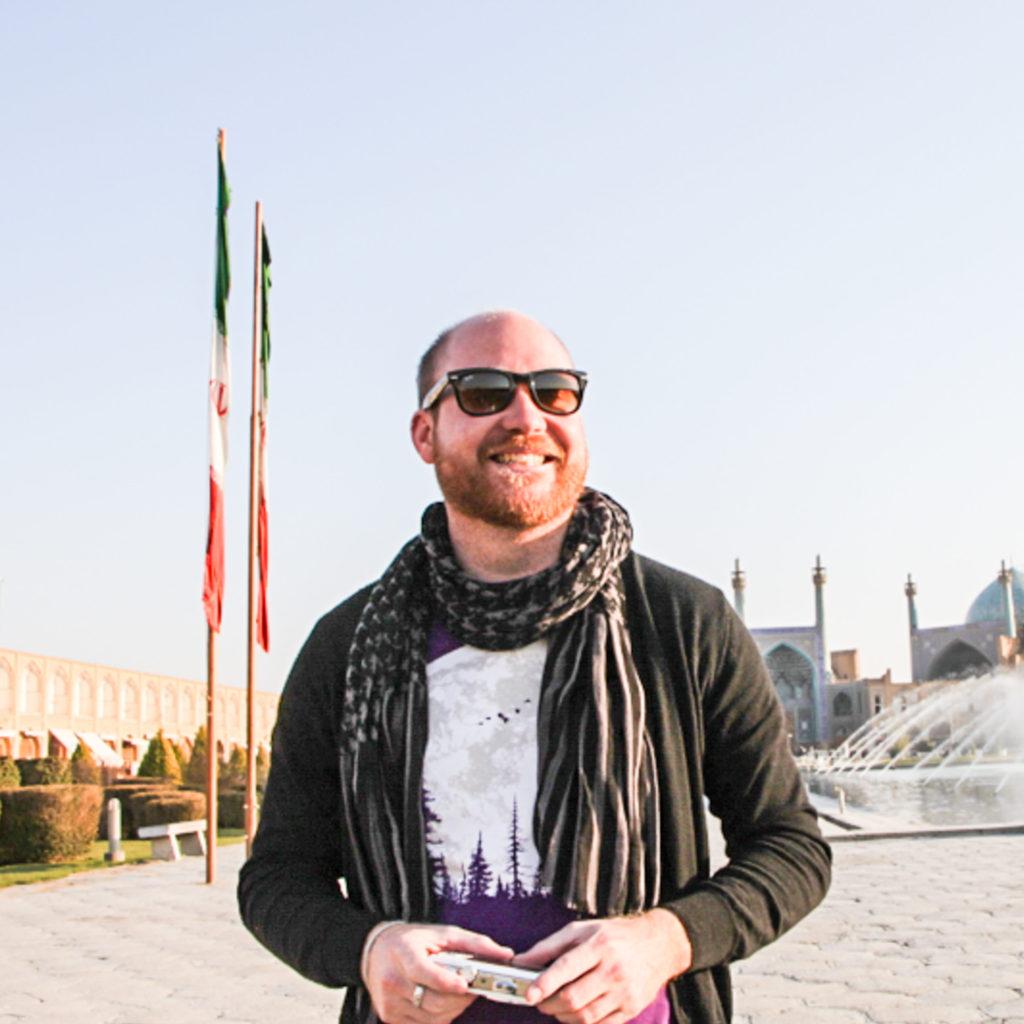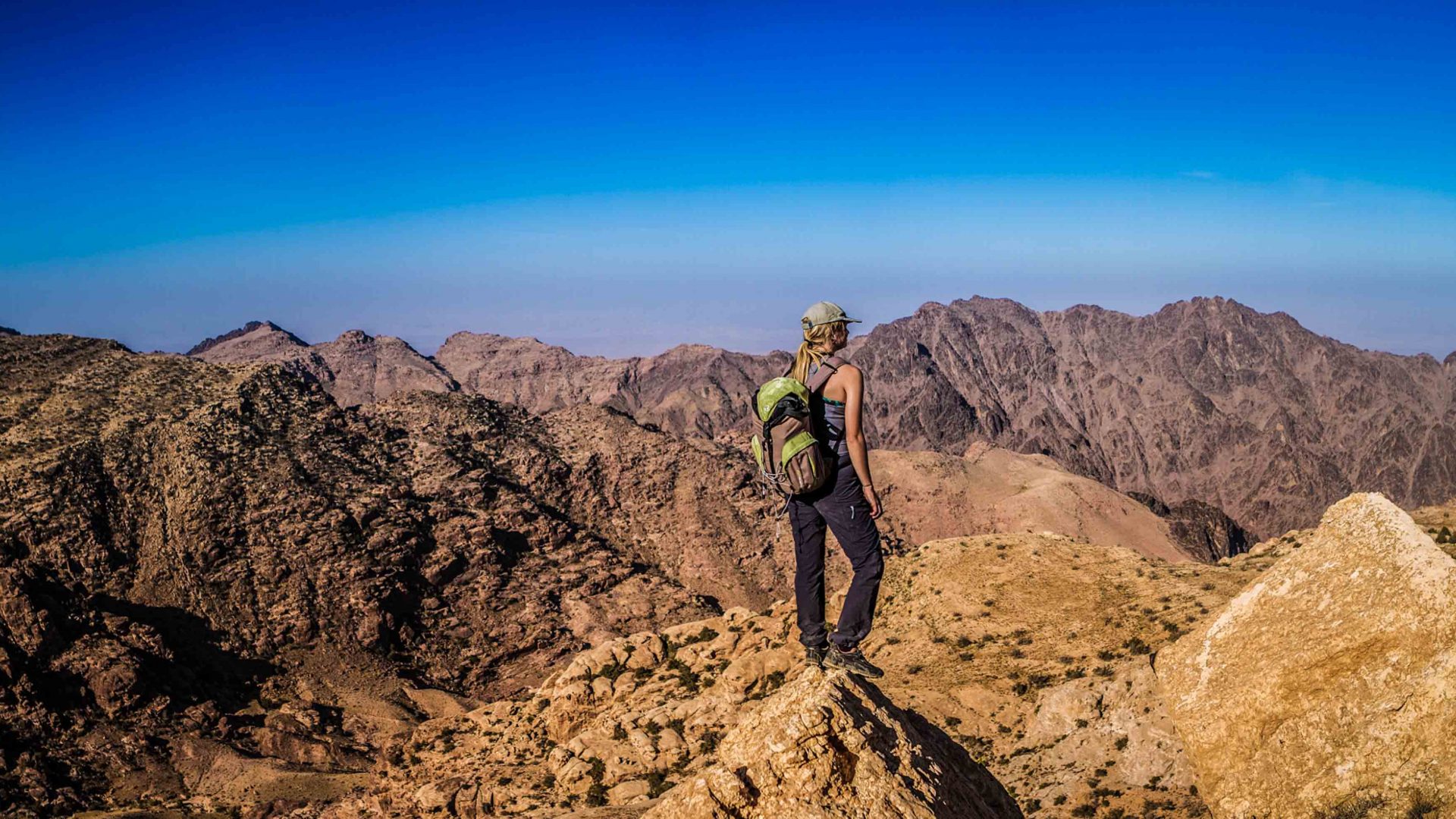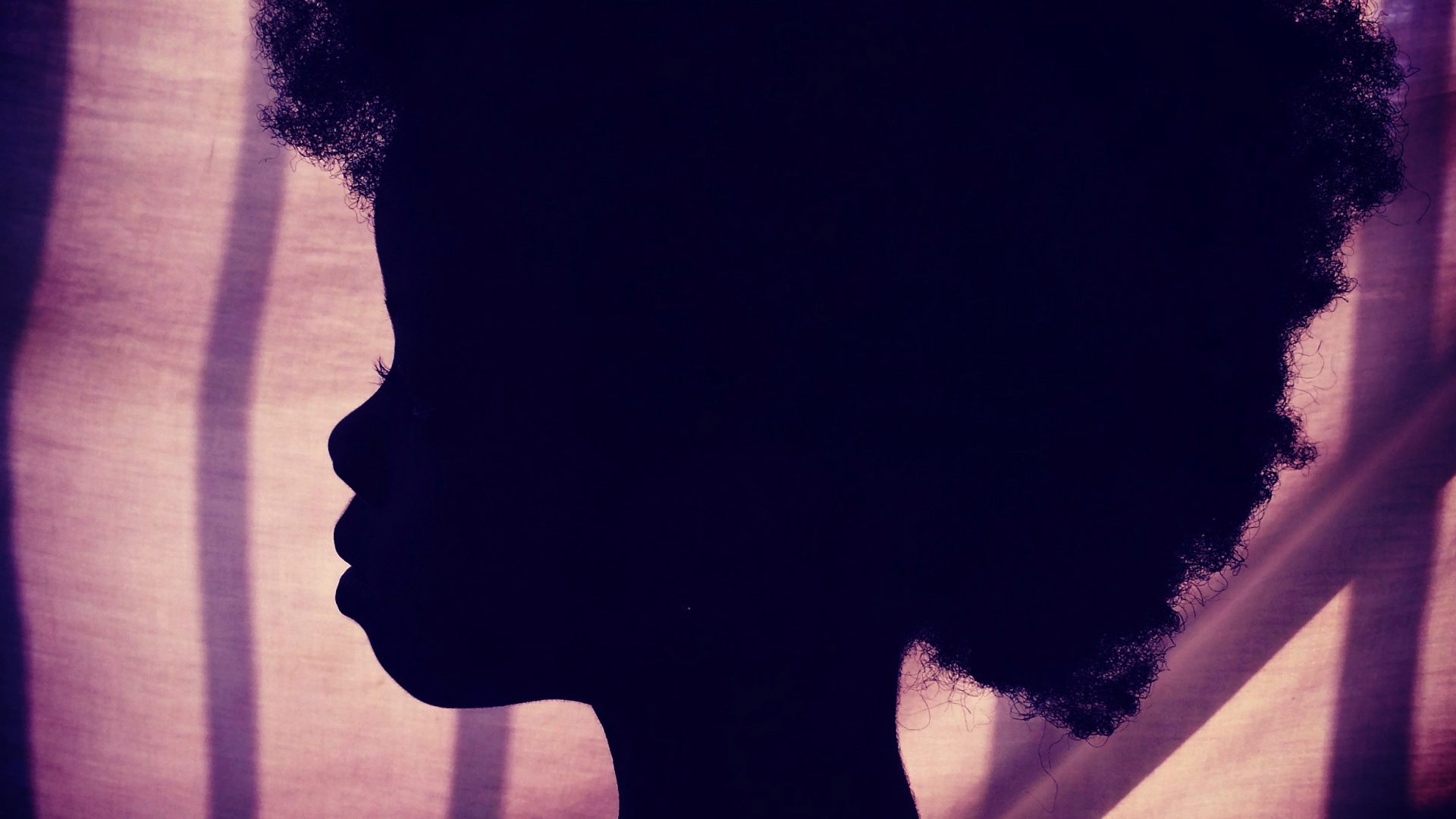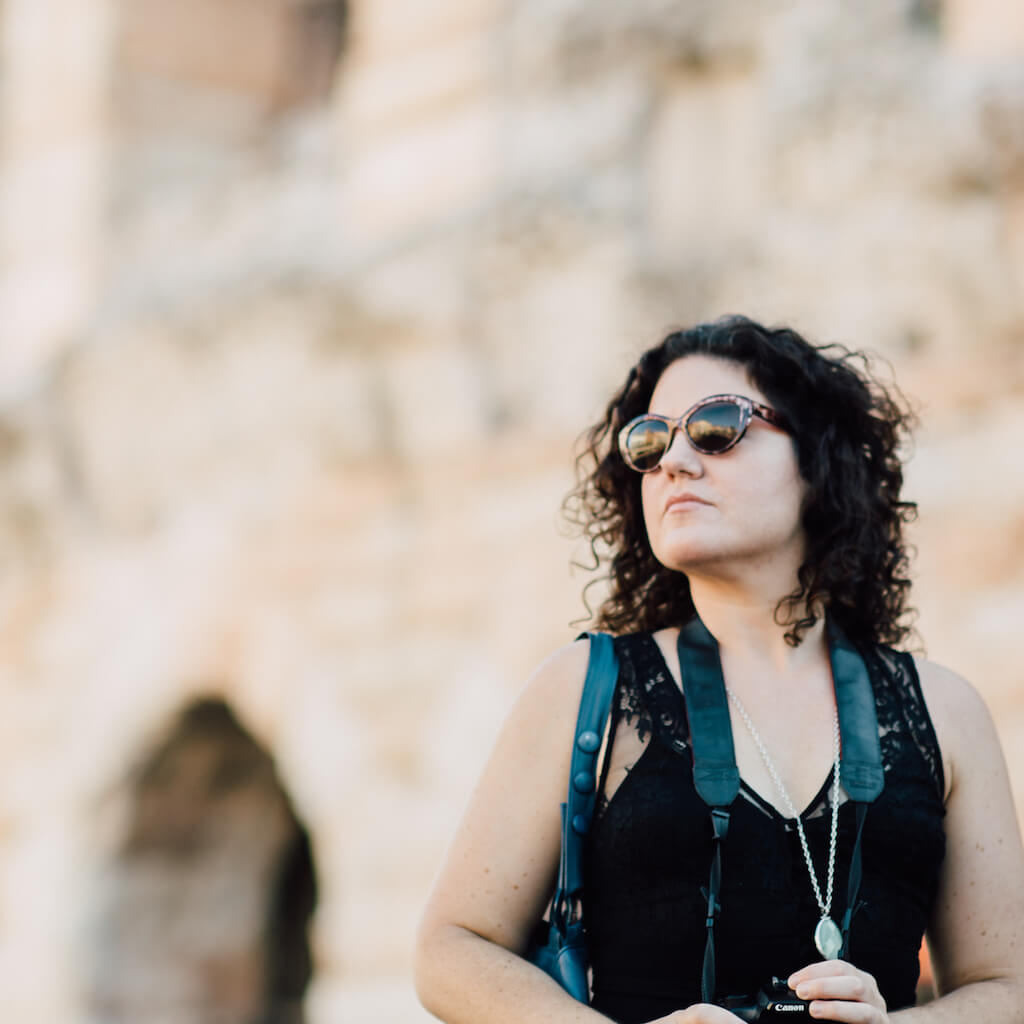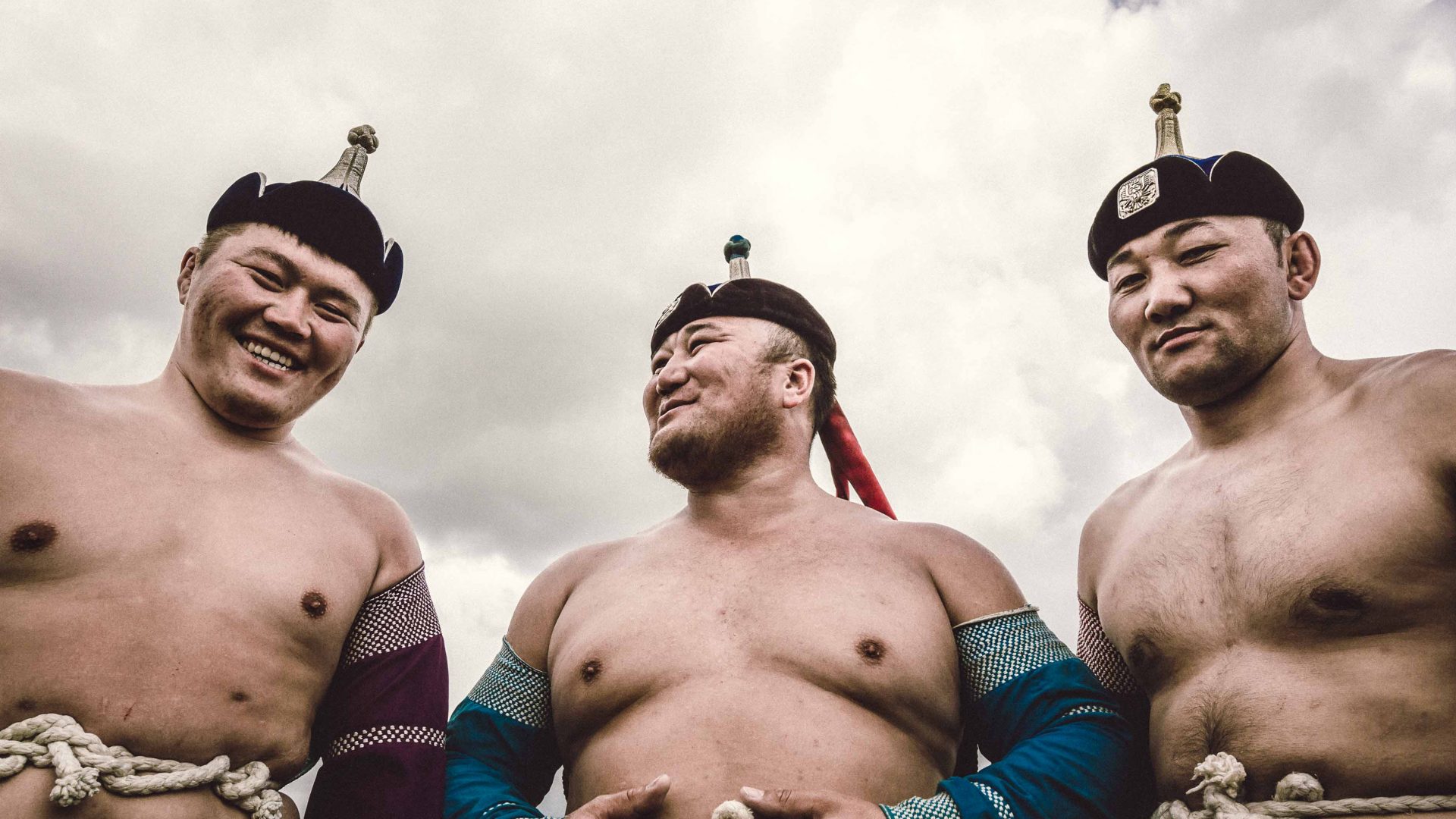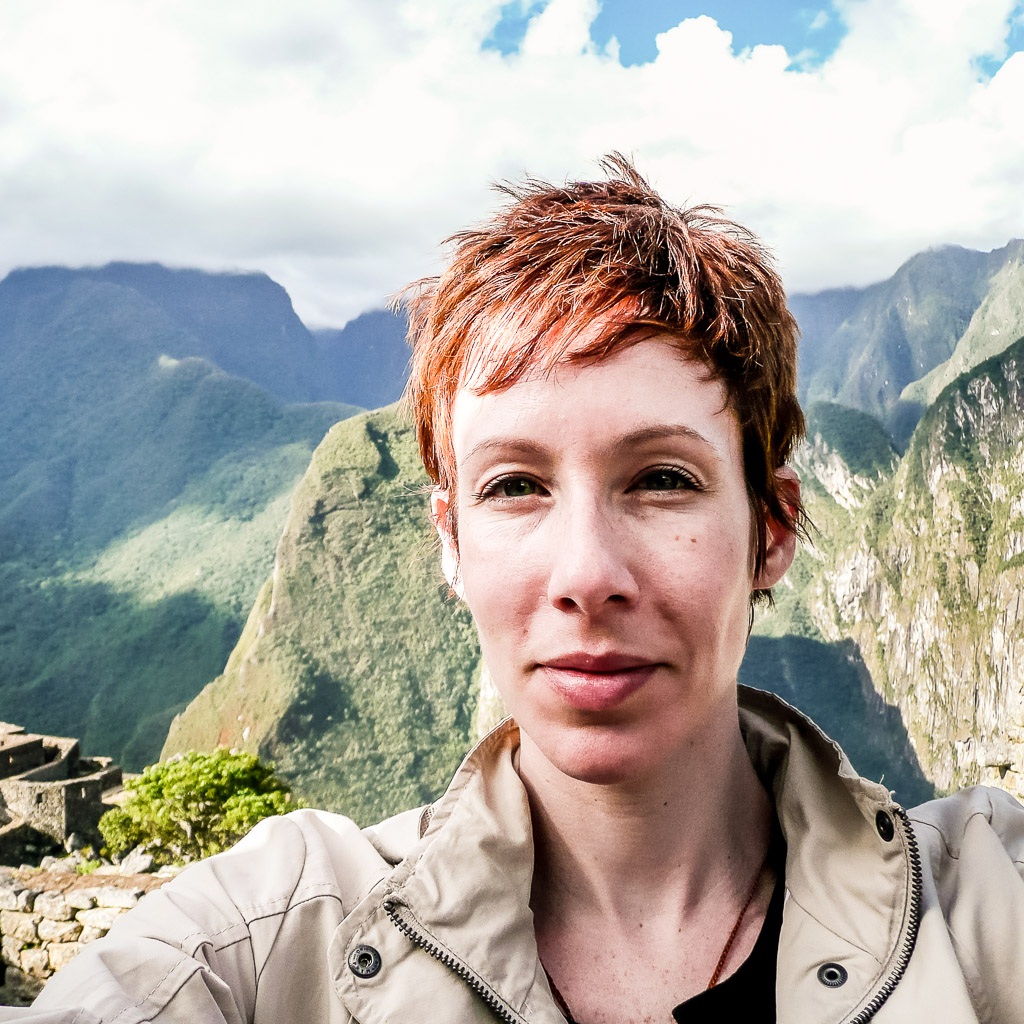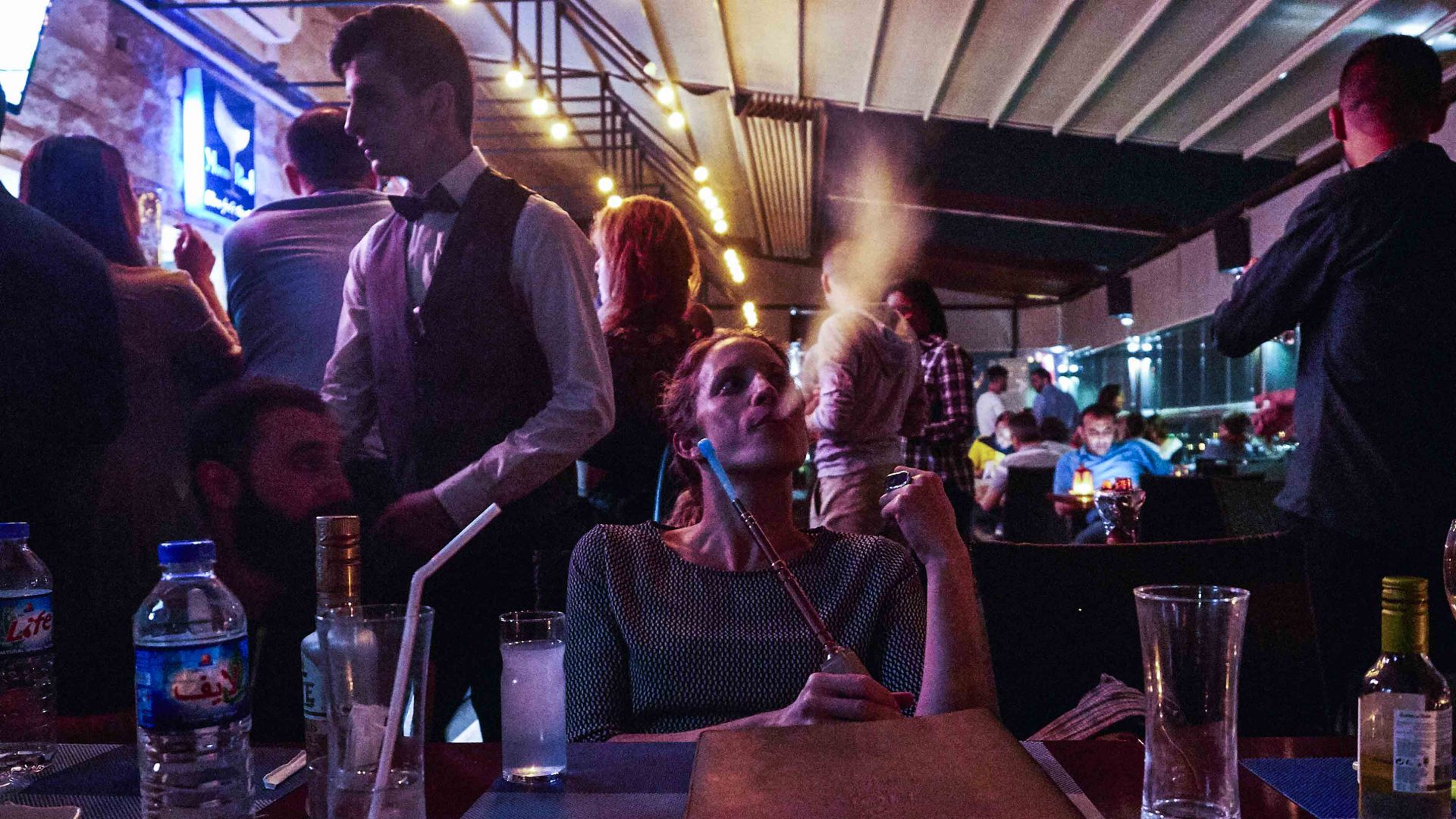
Editor’s note: This article was published before the coronavirus pandemic, and may not reflect the current situation on the ground.
When writer Corinne Redfern visited northern Iraq for the first time, she expected desert sand horizons and demolished bomb sites. But she found Erbil, capital of the Kurdistan Region, is much more colorful and refined than she’d expected—especially when the lights go out.
The first time I visited Kurdistan, the autonomous region in northern Iraq, it was by accident. I was working on a project about child marriage, and flights—booked weeks in advance—were meant to take us to the Afghan capital, Kabul. With a level of organization equal to that of an eight-year-old, I’d stuffed three scarves in my rucksack and downloaded six books with ‘Afghanistan’ in the title, preparing myself, I figured, for pretty much anything.
Then the security situation worsened, and the whole thing fell through. “Great news,” read the email I received the next day. “We’re sending you to Iraq instead!” Damn, I thought. I’m going to have to give my Kindle a complete overhaul.
